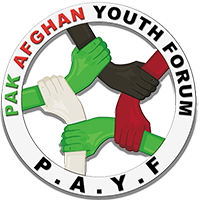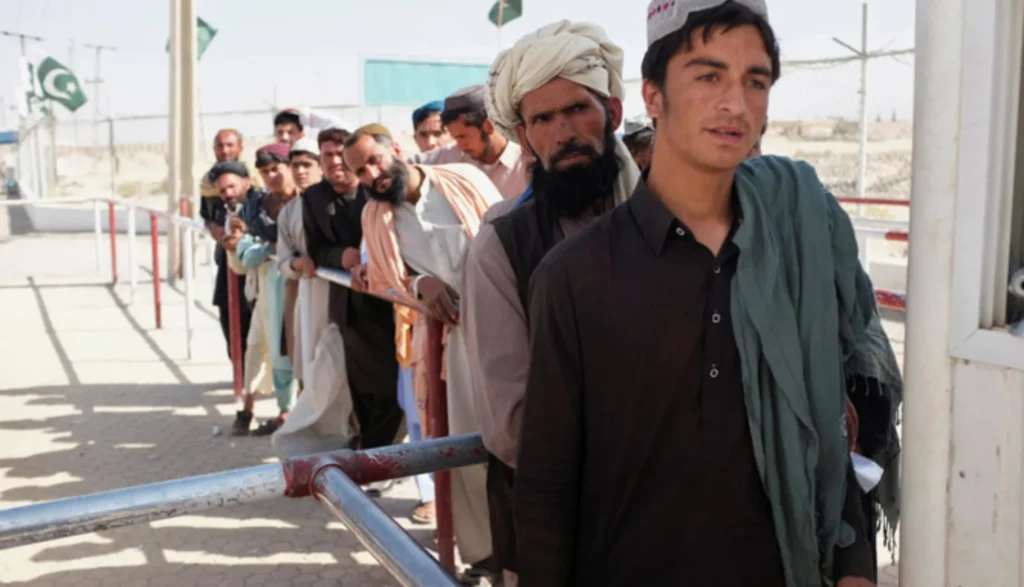Pakistan’s Migration policy
Pakistan’s migration policy of relocating Afghan nationals from Islamabad and Rawalpindi is a measured decision, shaped by legitimate security concerns and economic constraints. However, the United Nations High Commissioner for Refugees (UNHCR) and the International Organization for Migration (IOM) have raised concerns that do not fully reflect the complex realities behind this process. While the well-being of displaced persons is a global responsibility, it is equally important to acknowledge Pakistan’s sovereign right to regulate migration in line with its national interests.
Global Context of Migration
Pakistan’s decision is not an isolated policy but is in line with measures taken by several other countries facing similar challenges. Iran has significantly increased deportations, with 485,000 Afghans repatriated in 2022, over 650,000 in 2023, and 750,000 in 2024, with plans to return up to 2 million by March 2025. Germany has deported approximately 800 Afghan nationals since 2016, while Austria has collaborated on joint deportations of Afghan criminals. These actions have largely been accepted as necessary enforcement of immigration laws, yet Pakistan’s efforts are being disproportionately scrutinized.
A Structured Approach
Since November 2023, nearly 800,000 Afghan nationals have returned to their country, either voluntarily or through deportation, reflecting that the process is not solely enforced but also influenced by broader economic and security dynamics. Pakistan has remained committed to a structured and orderly process, prioritizing individuals with irregular documentation or those involved in unlawful activities.
Security Concerns
Recent security developments further highlight the rationale behind these measures:
- In January 2025 alone, 225 Afghan nationals were arrested for street crimes in Karachi, with PKR 35 million recovered from Afghan-linked robberies.
- Law enforcement agencies have neutralized militants of Afghan origin, including Badruddin, son of an Afghan deputy governor of Badghis, Ustad Uzair and Luqman Khan alias Nusrat, underscoring the security risks posed by undocumented migration.
Also See: Pakistan Hosts 2.9 Million Afghan Refugees, Faces Challenges
Sovereign Rights
Pakistan’s enforcement of immigration policies is well within international norms, yet it faces disproportionate pressure while many Western nations that pledged to support Afghan refugees have yet to fulfill their commitments. Thousands of Afghans remain in legal limbo, awaiting resettlement in countries that have expressed concern but taken little tangible action.
International Cooperation
Pakistan has long been a generous host to millions of Afghan refugees, offering them shelter and opportunities despite its own economic challenges. However, no single country can shoulder this responsibility indefinitely. A more balanced and collaborative international approach is required—one that not only ensures humanitarian assistance but also respects Pakistan’s right to safeguard its national security and economic stability.
Focusing on Solutions
The global conversation around Afghan refugees must move beyond selective criticism and focus on practical solutions that uphold both humanitarian principles and the sovereign rights of host nations.



